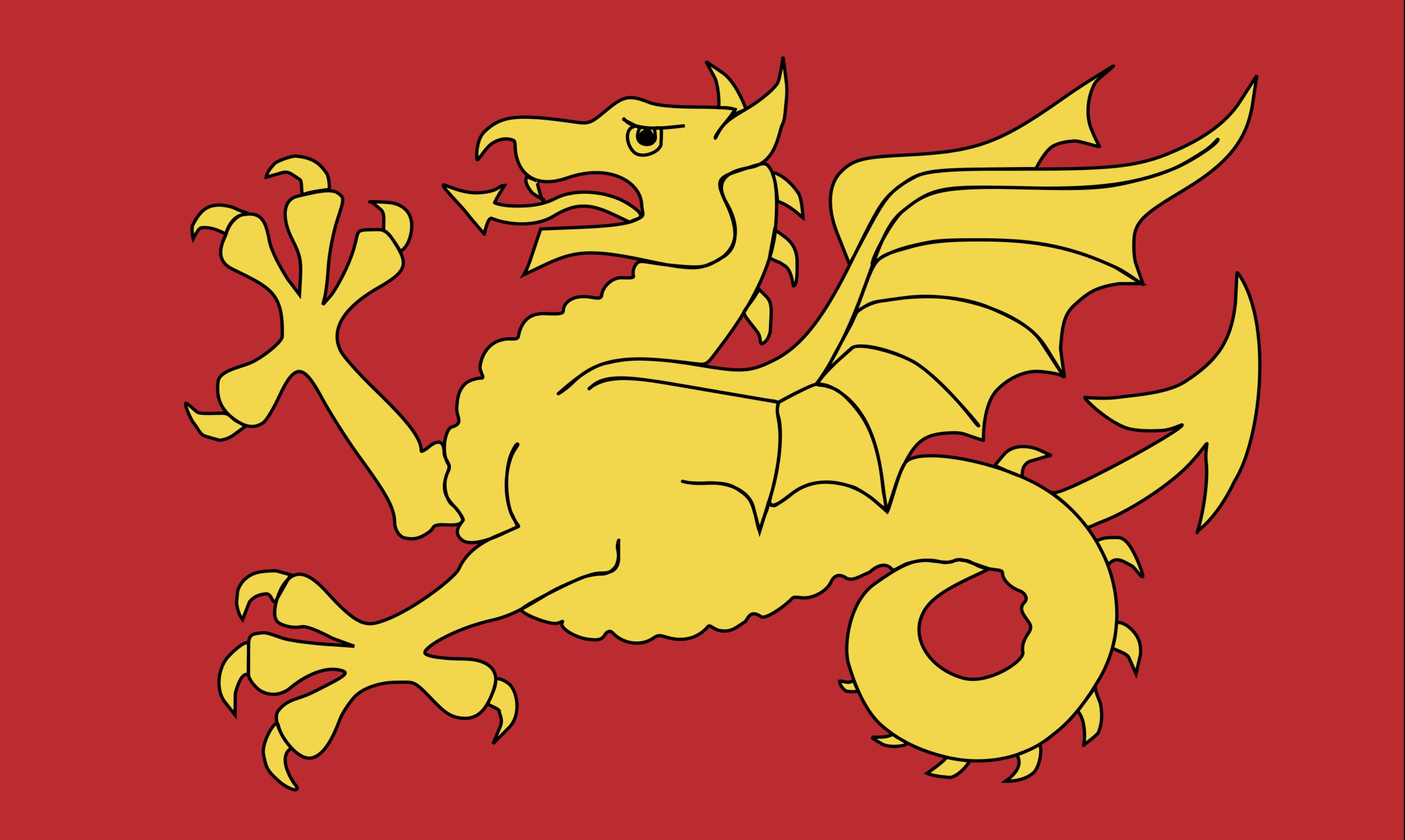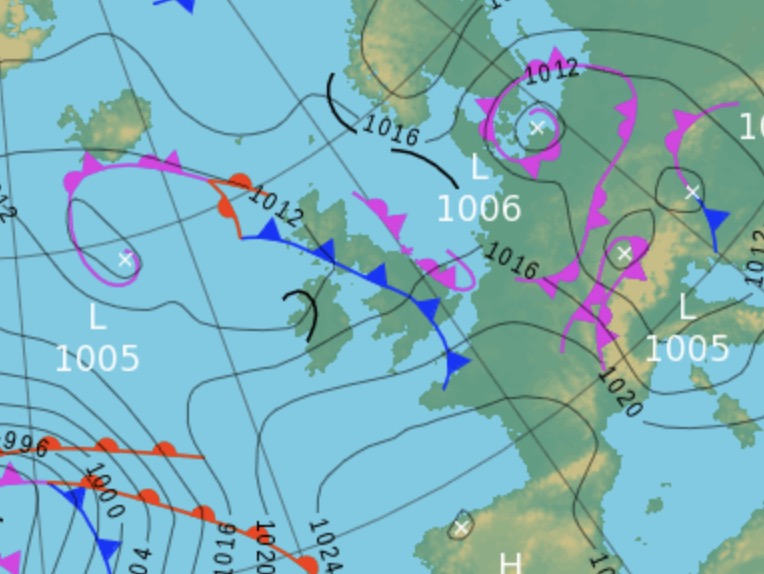| Issue November-26 | ||
 |  |
|
| ·Home ·Politics ·News ·Sport ·Life ·Culture ·World ·Essays ·About | ·Archive | |
| ||||||||||||||
| Do you remember hurricane Katrina? |
 |
Katrina devastated New Orleans in 2005. Hurricane Katrina was a devastating Category 5 Atlantic hurricane that caused 1,836 fatalities and damage estimated between $97.4 billion to $145.5 billion in late August 2005, particularly in the city of New Orleans and its surrounding area. The name Katrina has been used for three tropical cyclones in the Atlantic Ocean, three tropical cyclones in the Eastern Pacific Ocean and one tropical cyclone in the South Pacific. It was used in the Pacific on the old four-year lists. The name is not to be confused with Karina, which is on the Pacific hurricane lists today. The name was retired in the North Atlantic after the 2005 season for its devastating damage, and was replaced by Katia for the 2011 season. One might assume that storm names are coordinated on an international scale but far from it. It seems there are some coordinated efforts but presumably national interests take over when it comes to the seemingly trivial task of naming a storm. Of course one man 's storm is another man's breeze and so that can also be a deciding factor as to whether a weather front is even classed as a storm worthy of being named. In the UK there is a shortlist of proposed storm names already published fir the 2023/2024 storm season. The names chosen by the Met Office are usually in honour of various people but probably some that almost nobody has heard of. Storm Ciarán is named after Ciarán Fearon, a civil servant who works in the Department for Infrastructure in Northern Ireland. His job is to ensure key information is shared on river levels and coastal flooding. You should be forgiven if you have never heard of him even though he has a hugely valuable job. It is probably obvious to most of us that the storm names follow the alphabet, so Cáiarn is the third storm of the year. For the coming year the Met Office have changed their naming algorithm now naming storms after prominent scientists, meteorologists and like Ciarán others who quote "work to keep people safe in times of severe weather". Names will also no longer alternate between male and females. What no trans? Also not all names are suggested by the met office because we now cooperate with the Dutch weather service and they will be putting in a couple of Dutch sounding names. For some reason names cannot begin with Q, U, X, Y or Z. Other areas have grouped together to cooperate on naming conventions. One such group comprises Portugal, Spain, Luxembourg, France and Belgium.somehow this is referred to as the south western group. Norway, Sweden and Denmark are logically the northern group but I would have thought cooperatign between us and Norway with a common North Sea would make sense. In the US, the National Hurricane Centre names tropical storms when they have reached winds of least 40mph, using the six alphabetical lists that are maintained by the World Meteorological Organisation. These lists are used on a six-year cycle. And the undoubted success of the programme of naming storms and hurricanes is underlined by the fact that nobody ever talks about the "hurricane that hit the south-eastern US in August 2005" but the name Hurricane Katrina is universally known and understood. -pw- By the way the namers didn't care about the people writing web-sites because the name Ciarán has to be written "Ciarán" every time due to the special a acute character. |
| ||||||||||||||||